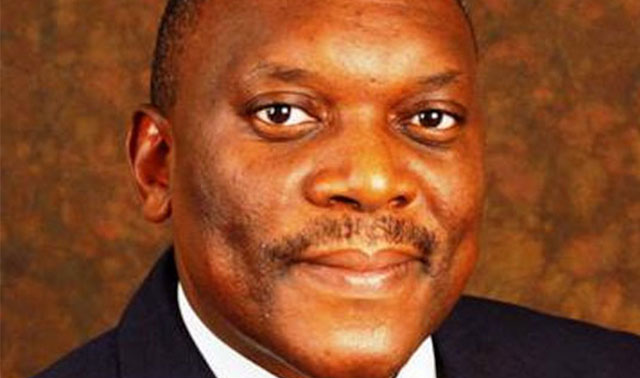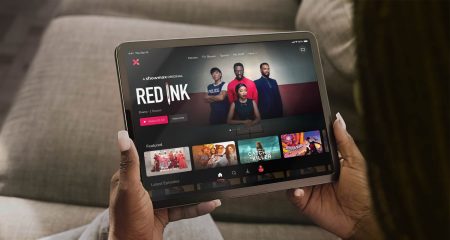
Government will still require the inclusion of a control system based on encryption in the set-top boxes South Africans will need to watch digital terrestrial television.
That’s the word from telecommunications and postal services minister Siyabonga Cwele, who was speaking to TechCentral in a wide-ranging interview in Port Elizabeth on Monday.
Cwele says it’s government’s “hope” that no one impedes the already long-delayed process further by taking the final policy on digital migration on review in the courts.
Though the minister won’t say when the final policy will be presented to cabinet for approval, he indicates urgency is needed given the looming mid-2015 deadline agreed to with the International Telecommunication Union (ITU) to complete migration.
Last December, after extensive mediation efforts with warring industry players, former communications minister Yunus Carrim proposed a compromise policy to cabinet in terms of which a control system would be included in set-top boxes, but broadcasters wanting to use it to provide subscription services would have to pay for the privilege.
MultiChoice is vehemently opposed to set-top box control in free-to-air terrestrial television, saying including encryption in government-subsidised boxes would amount to an unfair subsidy being handed to prospective pay-TV rivals.
E.tv, on the other hand, is a proponent of set-top box control, saying that it’s necessary, among other things, to ensure free-to-air broadcasters can compete effectively with pay-TV rivals by securing access to the latest content from Hollywood studios and elsewhere.
The policy stance adopted in December is the correct one, Cwele tells TechCentral. “It’s correct not to compel anyone to use the [control] system, but it’s there to allow us to achieve key objectives we have set ourselves as government.”
He says he does not intend attempting further mediation between e.tv and MultiChoice. “I don’t have any intention to mediate between these private companies, because all that was done before. We do listen to people. I have met all of these companies. I have listened to their presentations and challenges. Those are the things the government is considering in finalising the policy.”
Digital migration must “stimulate the electronic manufacturing industry in South Africa”, Cwele adds.
“We do have the manufacturing capacity as South Africa and we can assist in exporting this [technology] to any other country that needs it in Africa. It’s part of the National Development Plan — we have to increase job creation and [grow] the industries that support the knowledge economy.”
He says the “real challenge” facing broadcasters can also be resolved by the policy. “The policy is very clear: if you utilise these gadgets to launch your commercial product — and remember this is a free-to-air product — for subscription services, then you must pay. We have the regulator, which will ensure you pay the appropriate price. There is no free ride, in a sense.”
Cwele says he hopes a legal challenge will be avoided.
“We honestly hope that once government has finalised the policy, South Africans and their companies will allow us to implement it because we are late [with migration],” he says. “If any citizen or any company from anywhere in the world wants to take us to court, much as we will not encourage that, people do have rights.”
He adds that government is “quite confident we have followed the right path and we are not interfering in the internal business processes of companies.”
It’s crucial that the process be finalised so that cellular operators and others can be given access to radio frequency spectrum that will be freed up when broadcasters move to digital technology.
Cwele says that once cabinet has finalised and gazetted the final digital migration policy, then progress can happen quickly. But he declines to say when this will happen. “I don’t want to comment on government committee processes. As soon as this is completed, we’ll come back to you.” — (c) 2014 NewsCentral Media




